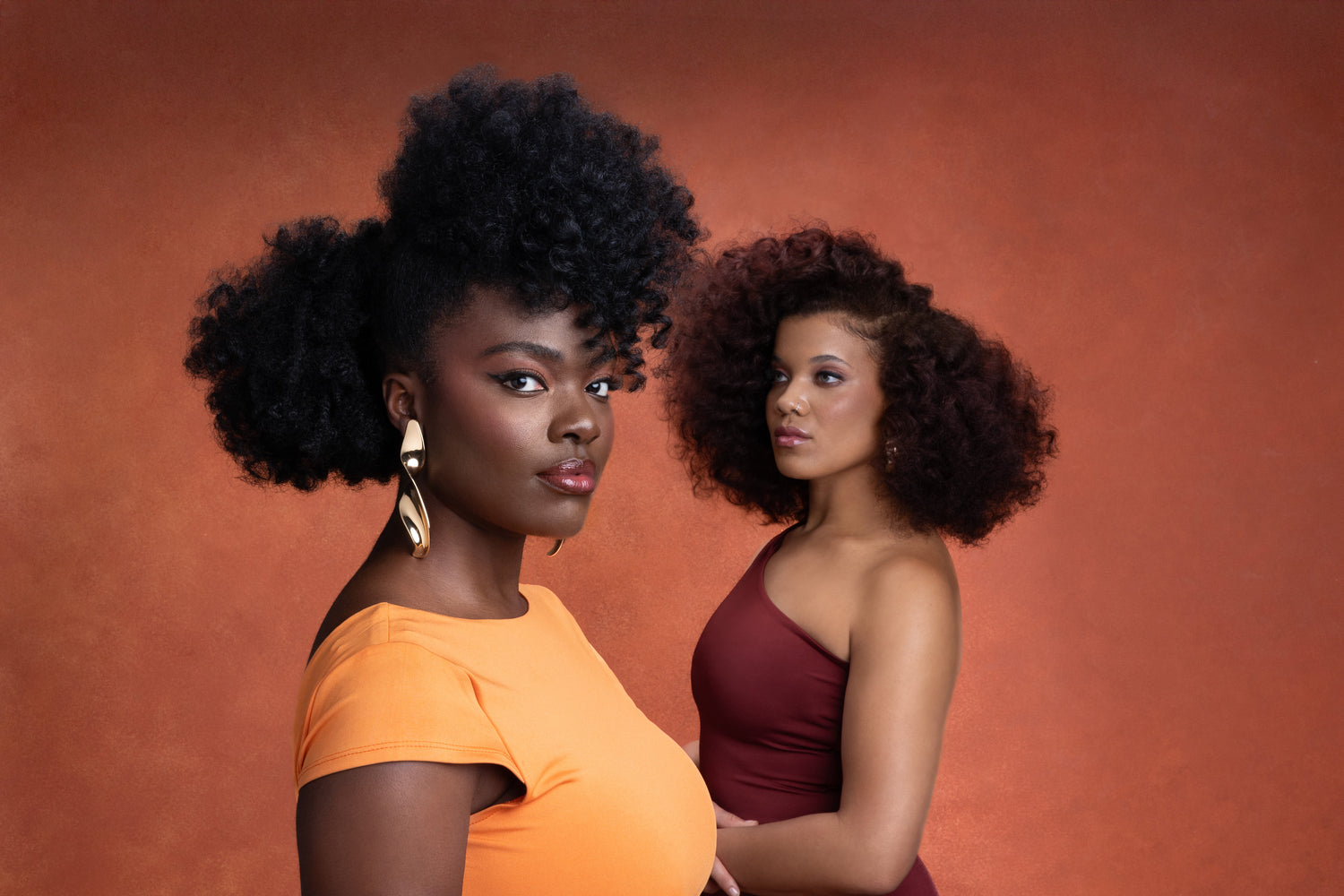Wondering how to stop an itchy scalp? At Afrocenchix, we always focus on creating and maintaining a hair care routine because it’s vital to maintain a healthy scalp. Read on to discover five tips to help stop your itchy scalp in its tracks.
1. Be Selective With The Products You Use
At Afrocenchix, we believe everyone should be able to access safe and effective haircare at their convenience but a lot of other products contain artificial fragrances which can cause asthma, eczema, muscle pain, bloating, sinus pain, fatigue, eye irritation, gastrointestinal problems, headaches, dizziness and burning or itching skin irritations. So we recommend avoiding these, being selective about the products you do use and analysing the ingredients list of your products. If you’re not sure where to begin, you can also read our guide to understanding the ingredient list on your products.
2. Wash Your Hair Regularly
The build-up of dirt and pollution can cause an itchy scalp. You can stop an itchy scalp by washing your hair regularly, aiming for every 7-10 days. Use a mild, sulphate-free shampoo (even if you have a long term protective style installed). This will ensure that there is no scalp build up, that you remove enough sebum, and that dirt and dust is removed.
Our sulphate free shampoo, Swish was formulated to be gentle enough to use once a week. Leaving your hair crisp clean and removing buildup without stripping your hair of moisture.
3. Try Using a Scalp Oil
You can protect and stop your scalp from itching by rubbing it with oily products to make up for the sebum lost while shampooing. A scalp oil with ingredients such as lavender and eucalyptus can ease itchiness. Applying such an oil to your scalp after washing and once or twice throughout the week should help with relieving an itchy scalp.
Our scalp oil, Soothe, was designed to help ease the itchiness that may have been caused due by scalp build up. Its anti-inflammatory properties also work to combat dryness and promote healthy hair growth.
However, if you have seborrheic eczema, psoriasis or dermatitis, avoid using scalp oils until your skin has healed.
4. Avoid Home Treatments
You might be tempted to reach for home remedies. But we always advise against homemade treatments as many are ineffective. These treatments could possibly make your itchy scalp worse, so you are better off just avoiding them all together.
5. Seek Medical Advice
If your itchy scalp isn’t getting any better or if you are suffering from excessive itching accompanied with other symptoms like bald patches; it's best to book an appointment with your GP or trichologist as soon as possible.
More Articles:
Itchy Scalp? Here's What You Should Know

